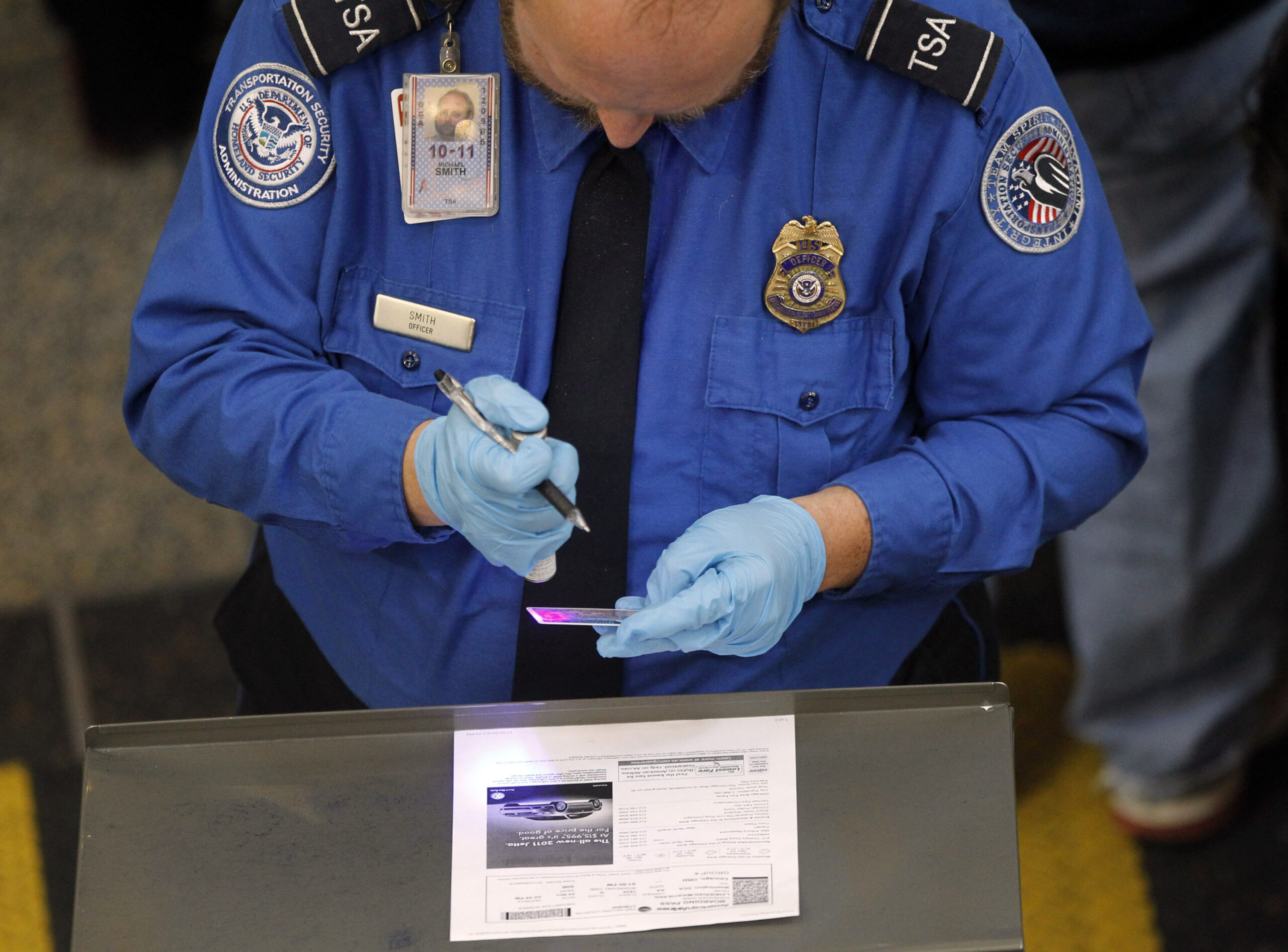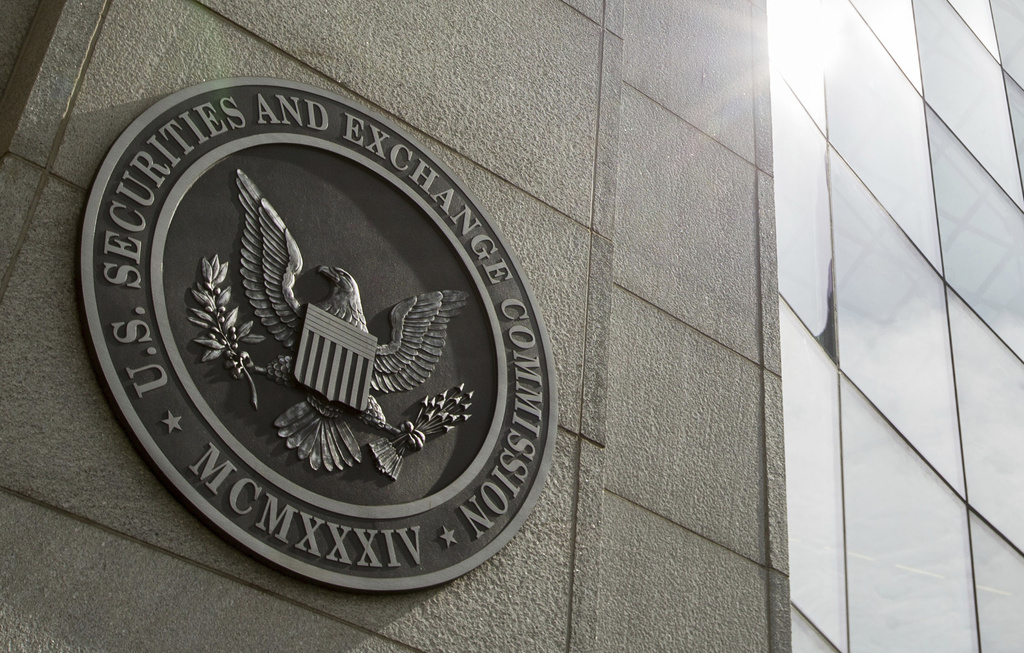Welcome to Our Research Archive
Search and filter by content type, issue area, author, and keyword
- ✕ Clear Filter
- AI (1)
- Article (3)
- Articles (947)
- book (1)
- Climate (228)
- climate change (1)
- data dashboard (14)
- electricity (3)
- energy (237)
- Events (25)
- op-ed (2)
- Podcast (3)
- Post (2)
- Puerto Rico (1)
- Report (2)
- Reports (16)
- science (79)
- science funding (10)
- science trust (10)
- technology (521)
- testimony (1)
- Working paper (1)

October 2, 2025
A Quiet Skies After-Action Report and Extension of My Remarks
Earlier this week, the Senate Homeland Security and Governmental Affairs Committee under Chairman Rand Paul (R-KY) held a hearing on “Quiet Skies,” a watch-listing program that is credibly alleged to have been used for doling out political penalties and favors to travelers while catching zero terrorists. I spent a decade on counterterrorism strategy, drawn to…

October 1, 2025
The SEC’s Digital Asset Pivot Comes Late in a Global Financial Arms Race
The Securities and Exchange Commission’s (SEC’s) announcement of a comprehensive crypto regulatory overhaul signals the biggest change in US financial policy in years. SEC Chairman Paul Atkins’ commitment to integrate digital assets into Wall Street’s trading infrastructure—by clarifying broker-dealer rules, allowing national exchanges to handle crypto, and removing long-standing compliance hurdles—represents a much-needed shift. After…

September 30, 2025
Par for the Judicial Course: Reducing Scrutiny of Laws Targeting Lawful Sexual Content
When it comes to statutes curbing access to lawful sexual content—material that’s neither obscene nor child pornographic—the US Supreme Court sometimes bends its normal First Amendment rules of review in government-friendly, speech-restrictive ways. The rules are altered either to safeguard minors or to address concerns such as property values, crime, and community beauty. A recent…

September 29, 2025
The AI Revolution in Property Tax Assessment
Accurately assessing property values is essential for ensuring that localities have the revenue to support public services like schools, roads, and law enforcement. However, traditional assessment methods face a litany of problems. Valuations can often be inconsistent and municipalities are typically understaffed and resource-constrained. While there has been a lot of attention on generative AI…

September 26, 2025
Software Upgrade Interruptions: The New Challenge for Resilience
Once again, a software upgrade gone wrong has brought core communications capacities to their knees, this time with fatal consequences. On September 18, a network software update at Australian telecommunications provider Optus brought the Triple Zero emergency services calling system in the Northern Territory, South Australia, and Western Australia to a halt for around 13 hours….

September 25, 2025
Can Small Tech Survive the Digital Markets Act?
On paper, the Digital Markets Act (DMA) in the European Union aims to promote more competition. However, in practice, the DMA design aimed at large tech companies actually disadvantages small tech companies by threatening their marketplace management. To discuss this, Shane Tews is joined by Graham Dufault, general counsel of the App Association. His experience…

September 25, 2025
The Falsifying Fact-Checker
It’s an enervating time to be alive. There are silver linings, such as his widow’s eulogy, but the death of Charlie Kirk spawned a grotesque debate about his past statements in relation to his death, as if being rude enough or wrong enough on certain merits earns the ultimate punishment. Too curious, I watched the…

September 24, 2025
More Problems with Australia’s National Climate Risk Assessment
When Australia’s National Climate Risk Assessment (NCRA) was released last week, headlines such as the above announced that “climate change could cost Australians $40 billion per year by 2050.” It turns out that claim is demonstrably false. Let’s take a close look. The NCRA asserts the $40 billion cost on p. 102: The Colvin Review (2024) projected disaster costs…

September 24, 2025
Spam Filtering, Government Jawboning, and Synergies Between Litigation and Regulation of Speech Practices
Sometimes high-profile political plaintiffs that sue media entities over allegedly biased actions are fortunate to have government agencies flex their regulatory muscles in ways aligning with their lawsuits. Two examples illustrate the seemingly hand-in-glove synergies between plaintiffs’ political interests and the leveraging––real or threatened via jawboning––of government power against defendants’ speech-based decisions. In July 2024,…

September 23, 2025
When AI Feels Human: The Promise and Peril of Digital Empathy
Artificial intelligence is becoming emotionally intelligent. Systems now generate responses often perceived as warmer, more compassionate, and more attentive than those of human professionals – including doctors, teachers, or even friends. These qualities unlock enormous potential. AI tutors can encourage struggling students, digital companions can help support patients manage chronic conditions, and empathetic systems can…